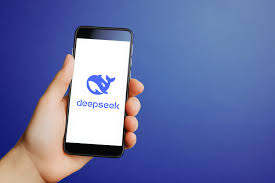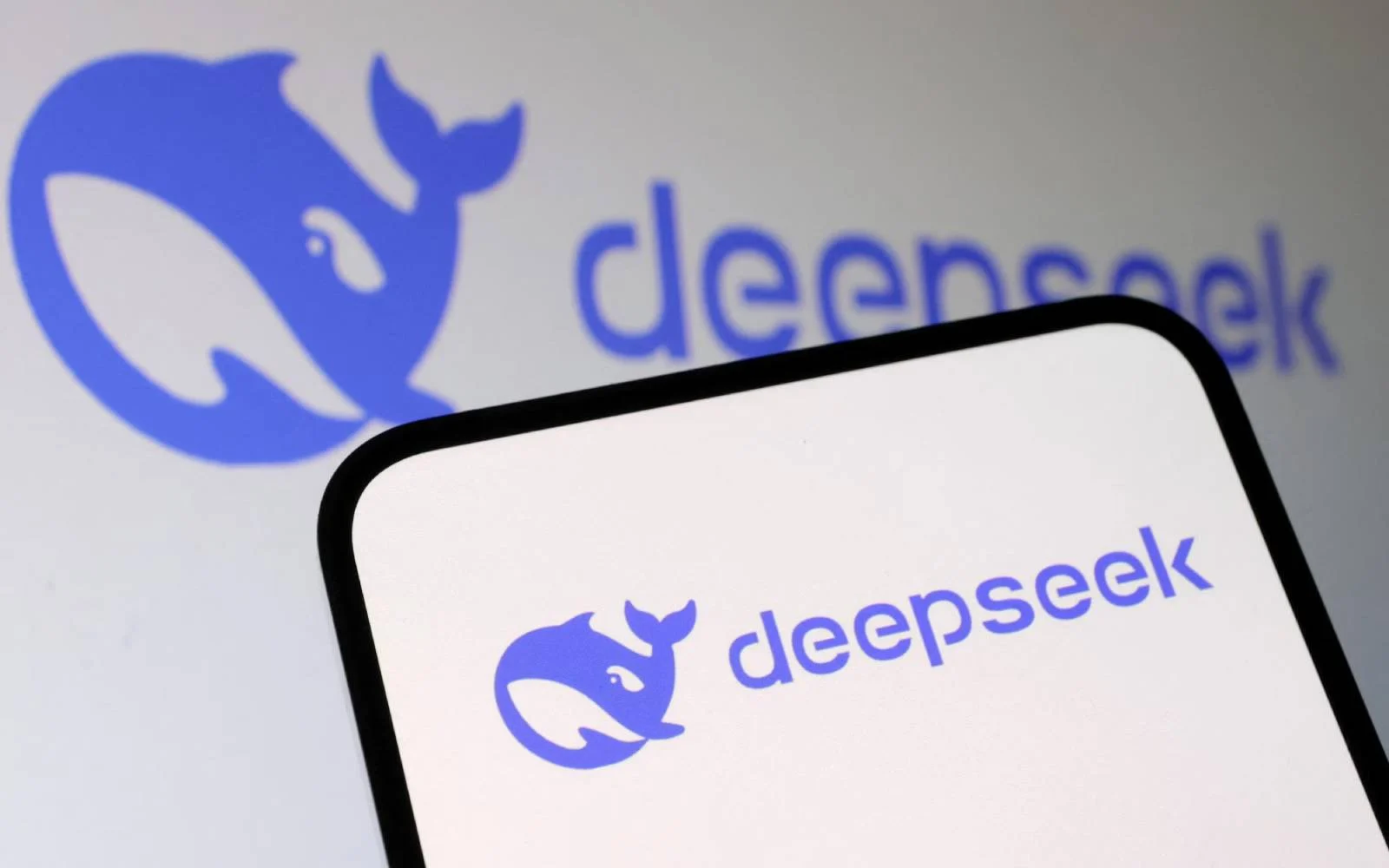DeepSeek: The Game-Changer in AI Technology
Starting January 28, 2025, a major change is taking place in the field of artificial intelligence, as DeepSeek, a Chinese startup that has rapidly become famous with the launch of its advanced AI models. This advancement not only poses a significant challenge to established players like OpenAI and Google, but also has profound implications for the global technology market, especially in the United States.
DeepSeek Rise to Prominence
DeepSeek recently launched its latest AI models, including DeepSeek-V3 and DeepSeek-R1, which have quickly gained popularity, surpassing ChatGPT to become the top-rated free app on Apple’s App Store in several regions, including the US and UK. The startup’s claim that it developed these models for less than $6 million has shocked an industry that invests billions of dollars in AI development. The models are reported to perform exceptionally well in areas such as mathematics, programming and natural language processing, rivalling the capabilities of leading AI systems from American companies.
The rapid success of DeepSeek can be attributed to its innovative approach to AI development. By utilising lower-cost chips and less data than its competitors, DeepSeek has demonstrated that high-quality AI can be achieved without the heavy financial burden typically associated with such technologies. This has led some experts to label this moment as “AI’s Sputnik moment,” drawing parallels to the Soviet Union’s launch of Sputnik, which marked the beginning of a fierce technological competition between the US and USSR.
Impact on the US Tech Market
The rise of DeepSeek has had immediate repercussions on US tech stocks. Major companies like Nvidia, Microsoft, and Meta have seen significant declines in their share prices as investors reassess the viability of their business models in light of this new competition. Nvidia’s stock dropped over 11% following the news of DeepSeek’s advancements, reflecting fears that demand for high-tech chips may falter if cheaper alternatives gain traction.
The implications of this go beyond share prices; they point to a potential reassessment of investment strategies in the AI sector. Investors are beginning to question whether the high valuations given to established tech companies are justified when a lower-cost alternative can deliver comparable results. As Fiona Cincotta, senior market analyst at City Index, notes, “the rise of low-cost AI models raises concerns about the profitability of competitors who are investing heavily in more expensive infrastructure.”
Government Response and Strategic Initiatives
In response to this emerging threat, the US government is taking proactive measures to maintain its leadership in AI technology. Shortly after taking office, President Donald Trump announced The Stargate Project – a $500 billion initiative to strengthen AI infrastructure in Texas and create more than 100,000 jobs. The project underscores the administration’s sense of urgency to counter China’s growing influence in technology and ensure that American companies remain competitive.
The Stargate project is not just about investment; it also aims to foster innovation through collaborations between major technology companies like OpenAI and Oracle. The Trump administration is aware that maintaining technological superiority is crucial for national security and economic stability. The fear is that if China continues to advance its AI capabilities unchecked, it could lead to significant geopolitical shifts.

Global Implications
Globally, the rise of DeepSeek represents a potential shift in the balance of power in the tech industry. The traditional narrative that positions the US as the unrivalled leader in AI is being challenged by China’s rapid progress. Experts warn that if China continues to innovate at this pace, effectively leveraging open-source technologies, it could establish itself as a major force in AI research and development.
Moreover, this shift could lead to an acceleration in global competition for talent and resources within the tech sector. As companies worldwide scramble to adapt to this new reality, there may be increased collaboration among nations and private entities focused on advancing AI technologies. This could result in a more fragmented global tech landscape where multiple centres of innovation emerge rather than a single dominant player.
Challenges Ahead for DeepSeek
Despite its rapid success, DeepSeek faces significant challenges ahead. Recently, it announced a cap on new user registrations due to a large-scale cyberattack on its services. This incident highlighted vulnerabilities that could undermine user trust and hinder its growth. Additionally, while DeepSeek’s cost-effective approach has attracted attention, maintaining quality at a low cost will be key to its long-term success.
Furthermore, regulatory scrutiny is likely to increase as governments around the world assess the implications of open-source technologies developed outside their jurisdictions. Concerns about data privacy, misinformation, and the ethical use of AI will require DeepSeek and similar companies to navigate carefully as they expand their operations globally.
Conclusion
As we move into 2025, DeepSeek stands as a testament to how innovation can disrupt established norms in technology. Its emergence not only challenges American dominance in AI, but also shapes investor sentiment and strategic priorities in global markets. The unfolding story will be closely watched by stakeholders across industries as they adapt to this new competitive landscape.
The coming months will be crucial for deep learning and established players in the AI space as they respond to these developments. Whether this marks a turning point in global technology leadership remains to be seen; however, one thing is clear: the race for AI dominance has entered a new chapter with profound implications for economies around the world.


1 thought on “DeepSeek: The Disruptive Force Shaking America’s AI Dominance and Sparking Global Innovation- 28 Jan 25”